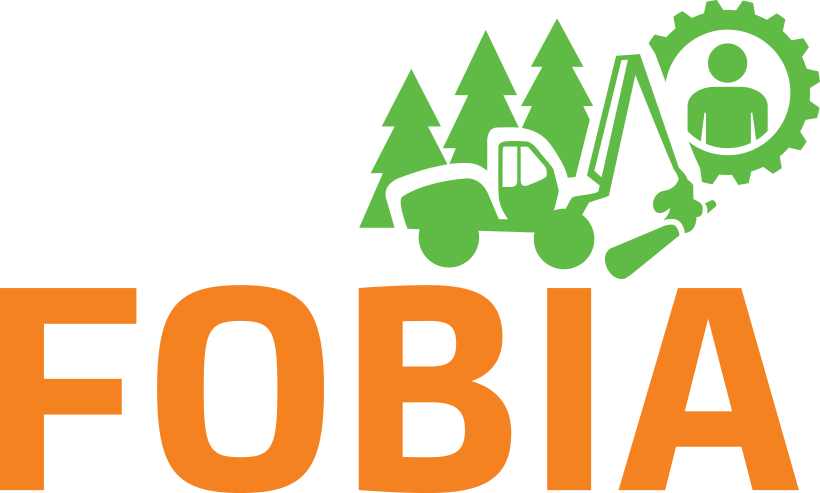Funded Projects 2014-2020
Project FOBIA
| Project Acronym | FOBIA |
|---|---|
| Project Title | Forest Business Innovation and Advancement in the Northern Periphery |
| Project subsite |
Summary
FOBIA aims to enhance the business competitiveness of forestry service enterprises in the NPA regions of Finland, Sweden, Scotland and Ireland by:(1) identifying and implementing innovative business models;(2) providing tools for increasing operational efficiency; and (3) developing and piloting the use of digital platforms for knowledge transfer, networking and trading of services. Forestry is an economically important industry across much of the Northern Periphery. FOBIA will address these barriers by developing resources and tools, available through digital platforms, to help forestry entrepreneurs improve profitability through new business models, increased operational efficiency and enhanced management skills and leadership.
Objectives
1. Enhancing networking, collaboration and adoption of new business models FOBIA aims to identify current and future needs for service and business model development, and to identify ways to stimulate the development of new business and business models for forest entrepreneurs.
2. Providing tools and methods to improve operational efficiency Entrepreneurs will be provided with information and tools which will help them understand the factors which affect operational efficiency. This will allow for improvements to be made, potentially leading to increased profitability.
3. Applying and piloting digital platforms for forest service business Digital platforms customized to forest entrepreneurs will be identified and tested. These platforms focus on knowledge transfer, networking and trading of services.
Impacts
Tangible
| Improved access to services: | The project has developed an e-learning platform, which gives forestry SMEs in remote areas the opportunity to attend various courses and training materials (videos, demos, exercises…) in Finnish, English and Swedish, regardless of their location. These materials are developed to improve their business strategies, increase productivity and competitiveness. Already during the project, interest in the e-learning platform was great under the targeted stakeholder groups, and a larger number of SMEs was reached than originally anticipated.
|
|---|---|
| Reduced energy consumption: | Forestry SMEs have received free pilot audits during which their work has been recorded and analysed. The SMEs have received valuable information and have been advised how to optimize their work, increase the productivity, and their well-being. Consequently, the operators have reported the reduction of fuel and energy consumption of their forest machines. Additionally, by learning how to analyse and understand the data from their machines, the operators also decreased their costs.
|
Intangible
| Influencing policies: | The results about harvesters’ productivity were utilised in updating the MELA program. MELA is a decision support tool for assessing the production potentials of Finnish forests and how to meet the overall goals of society and/or an individual forest owner. Similarly, the information (FI) about fuel consumption produced in the project was used as background information for the development of the emission model described in the report Finland´s Informative Inventory Report 2020.
|
|---|

Lead Partner
- Natural Resources Institute
Finland
Paula Jylhä
phone +358 29 532 3432
e-mail: paula.jylha@luke.fi
Partners
- Inverness College-UHI
UK - North Karelia Municipal Education and Training Consortium
Finland - Swedish University of Agricultural Sciences
Sweden - TTS Työtehoseura
Finland - The Swedish Association of Forestry Contractors
Sweden - Tietohippu Ltd
Finland - Waterford Institute of Technology
Ireland
Project Info
| Theme Business development, trade, marketing |
| Priority 2 Entrepreneurship |
| Objective 2.1 Improved support systems for SMEs |
| Project duration 31-05-17 to 30-05-20 |
| Total budget 1 901 021 EUR |
| NPA co-financing 1 201 034 EUR |
| Target groups higher education and research interest groups including NGOs education/training centre and school enterprise, including SME business support organisation Other |
| Joint Secretariat Desk Officer Kirsti Mijnhijmer |
